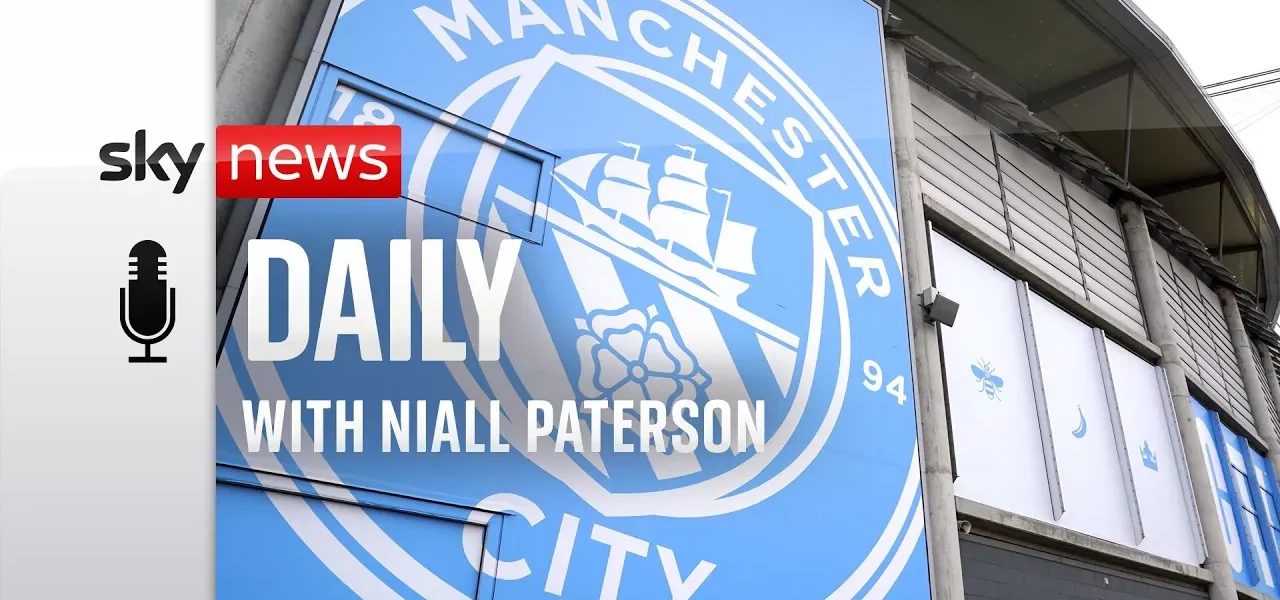Football and Money: Manchester City’s Legal Battle with the Premier League

In the world of football, the intertwining of sport and finance is a complex relationship, particularly at the elite level. Manchester City, fresh from clinching their fourth Premier League title in a row, has stirred controversy by launching legal action against the Premier League amidst ongoing investigations into financial irregularities. In this article, we will explore the implications of this unprecedented situation for both the club and the broader football landscape.
Introduction
The nexus between football and finance has become increasingly clear, especially with clubs like Manchester City leading the charge in both sporting and financial success. However, this success has come under scrutiny, with the Premier League investigating 115 accusations of financial misconduct against the club. This article delves into the details of Manchester City’s legal actions, the context of financial regulations in football, and the potential ramifications for the sport as a whole.
Manchester City’s Legal Action Explained
Manchester City’s decision to sue the Premier League is a groundbreaking move that shakes the foundations of football governance. The club is challenging regulations that aim to limit associated party transactions, which could significantly impact the competitive balance in the league.
Understanding Associated Party Transactions
These regulations were introduced to prevent clubs from inflating their revenue through financial dealings with entities owned by the same stakeholders. Here are the key aspects:
- Associated party transactions involve commercial deals with companies linked to the club’s ownership.
- The regulations require that these deals be conducted at fair market value.
- The aim is to ensure a level playing field among clubs with differing financial resources.
Implications of the Legal Battle
By challenging the Premier League, Manchester City is not only contesting the financial regulations but also sending a message about the nature of competition in modern football. This legal action could lead to:
- A potential reshaping of financial regulations in the Premier League.
- Increased scrutiny of other clubs with similar ownership structures.
- A shift in how financial dealings are perceived in the sport.
The Broader Financial Landscape in Football
The financial dynamics of football have evolved dramatically, particularly since the inception of the Premier League in 1992. The influx of television money and wealthy owners has transformed clubs into global brands.
The Role of Television Money
Sky’s involvement in broadcasting Premier League matches significantly boosted the league’s profile, which in turn escalated the financial stakes:
- Television deals have led to increased revenue for top clubs.
- Clubs are incentivized to perform well to secure lucrative broadcasting contracts.
- The disparity in revenue can create a competitive imbalance between wealthy and less affluent clubs.
Changing Ownership Models
Ownership in football has shifted towards state-backed entities, which raises questions about the future of the sport:
- Clubs like Manchester City and Newcastle United are under the aegis of wealthy states.
- This may lead to market distortions, as these clubs can outspend traditional competitors.
- Concerns about the competitive integrity of the league are growing among fans and stakeholders.
Financial Irregularities and Their Consequences
With Manchester City facing 115 separate accusations of financial misconduct, the implications of these allegations are profound:
The Nature of the Allegations
The Premier League’s charges against Manchester City primarily relate to:
- Allegations of disguising revenue streams.
- Misrepresentation of sponsorship deals and associated income.
- Potential breaches of financial fair play regulations.
Potential Outcomes
The outcome of these allegations could have far-reaching effects:
- Possible sanctions against Manchester City, ranging from fines to points deductions.
- A precedence for how financial regulations are enforced in the Premier League.
- A potential impact on the club’s future investments and competitive strategy.
Conclusion
The legal battle between Manchester City and the Premier League encapsulates the complex relationship between finance and football. As the club challenges the regulatory framework, the implications for the sport could be transformative. It raises critical questions about competitive balance, financial integrity, and the future of football as a beloved sport versus a commercial enterprise. As this situation unfolds, fans and stakeholders alike will be watching closely to see how the beautiful game adapts to these financial realities. If you found this article insightful, consider exploring our other articles on the financial dynamics of football and the impact of ownership changes in the sport.
“`




